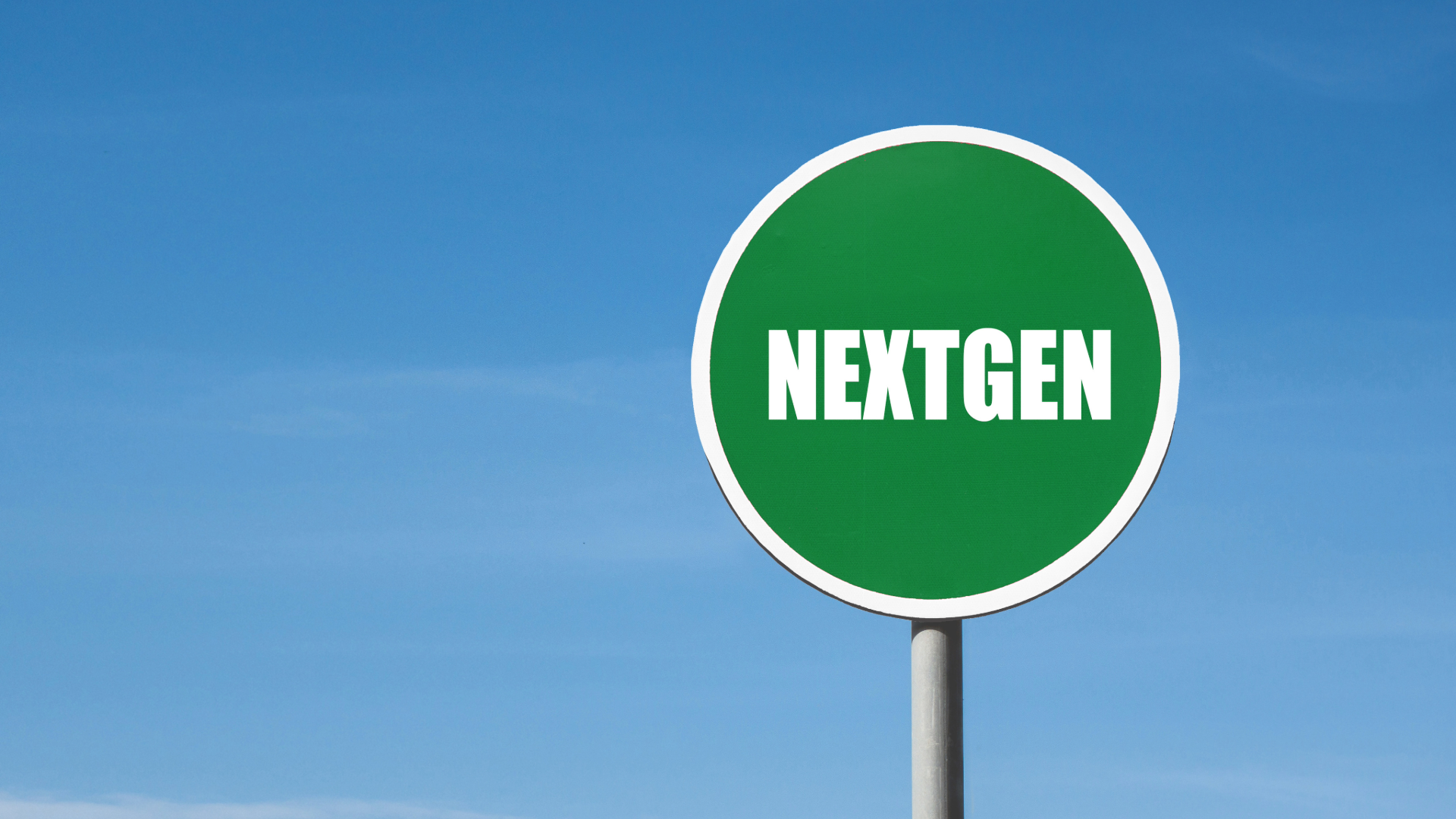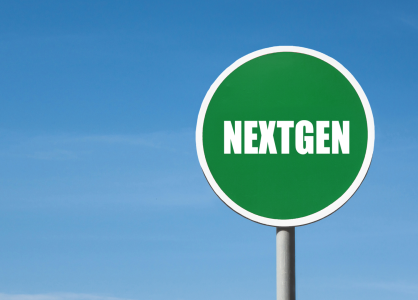Governance has entered a period of transformation unlike any in history. The rise of digital ecosystems, AI-driven oversight, and cross-border transparency demands is forcing organizations — from corporations to NGOs — to rethink what governance truly means.
By 2026 and beyond, we’ll see the emergence of governance models that are intelligent, automated, transparent, and interconnected. From blockchain-backed accountability to AI-driven policy analysis, tomorrow’s boards will be managing not just companies — but systems of governance that evolve in real-time.
At Governancepedia, we’re not just studying these changes — we’re building the infrastructure to help governance professionals understand and adapt to them. Let’s explore the key innovations reshaping governance in the years ahead.
🔗 1. Blockchain & Smart Contract Governance
The concept of blockchain governance — or “Absolute Governance,” as highlighted in recent arXiv research — is transforming how decision-making is verified and recorded. Imagine a board resolution that’s executed automatically when preset conditions are met, or shareholder votes transparently logged in a tamper-proof ledger.
Smart contracts enable self-enforcing governance rules, reducing human error and ensuring full auditability. This isn’t just about crypto — it’s about trust, integrity, and automated compliance.
💡 How Governancepedia Is Preparing:
Our modular design and DocXchange engine can evolve to support blockchain-backed workflows — ensuring future governance records are verifiable, traceable, and immutable. The platform’s structure is already prepared for future plugins that connect with decentralized systems and smart contracts.
🤖 2. Ethical AI Governance & Legal Frameworks
As artificial intelligence becomes central to business decisions, boards face new ethical and regulatory challenges. According to Mirishli’s study on Ethical AI Governance (arXiv), organizations must establish frameworks for responsible AI oversight, balancing innovation with accountability.
Tomorrow’s governance professionals will need to evaluate not just human risk — but algorithmic bias, data ethics, and autonomous decision-making.
💡 How Governancepedia Is Preparing:
Governancepedia’s architecture supports adaptive governance templates, enabling boards to define and monitor AI-related oversight procedures. Whether you’re evaluating algorithmic fairness or data governance, our template engine ensures governance keeps pace with innovation.
📊 3. Real-Time Governance Dashboards & Narrative Integrity
Boards are shifting from quarterly reviews to real-time oversight. Governance dashboards — powered by live data — will allow directors to track compliance, performance, and ESG factors as they evolve.
But data isn’t enough. As narratives become part of governance (e.g., sustainability reports, public statements, internal communications), inconsistency between message and practice will itself become a governance risk.
💡 How Governancepedia Is Preparing:
Our future roadmap includes interactive dashboards that merge governance, risk, and compliance data into unified visual insights. Through DocXchange, boards can maintain a single narrative source, ensuring consistency across reports, policies, and communications.
🌐 4. Interconnected Governance Ecosystems & Federated Boards
Global organizations are no longer governed in isolation. With subsidiaries, joint ventures, and partnerships spanning borders, governance structures are becoming federated ecosystems — where decisions must synchronize across entities.
Tomorrow’s governance systems will emphasize interoperability, allowing multi-entity oversight, shared compliance protocols, and cross-platform decision transparency.
💡 How Governancepedia Is Preparing:
Governancepedia’s API and integration readiness allow connectivity with third-party systems, risk dashboards, and compliance tools. Whether you’re managing one company or ten subsidiaries, Governancepedia supports federated governance ecosystems, ensuring clarity, cohesion, and control across every level.
🧩 5. Modular Governance Architecture — Built for Change
Static governance is becoming obsolete. The future requires flexibility — frameworks that can evolve as laws, technologies, and organizational models shift.
💡 How Governancepedia Is Preparing:
Governancepedia’s modular structure allows each governance component — from board charters to policy templates — to function independently or collectively. Combined with DocXchange, this architecture supports workflow innovation, compliance automation, and custom module expansion — making the platform adaptable to every governance evolution ahead.
💬 6. The Power of Community Feedback in Governance Evolution
The next wave of governance innovation will come not from theory, but from community. Governance professionals worldwide will collaborate, share, and refine templates, workflows, and insights.
💡 How Governancepedia Is Leading:
We’re creating a governance community feedback loop — a place where professionals can exchange knowledge, vote on features, and shape the tools they need most. Every improvement in Governancepedia reflects real-world governance challenges — because we build with our users, not just for them.
🌟 The Future: Intelligent, Interconnected, and Inclusive Governance
Governance in 2026 and beyond will be smarter, faster, and more collaborative. The best governance systems won’t just react — they’ll predict. They won’t just document — they’ll connect.
At Governancepedia, we’re preparing for this future — empowering organizations with flexible architectures, advanced integrations, and forward-looking insights that evolve alongside global governance needs.
If you want your governance to grow with the future — get into Governancepedia today.
🔮 Stay tuned!
Next week, we’ll unveil an exclusive preview of new features that bring blockchain, AI governance, and predictive intelligence directly into your hands.
👉 Explore more at www.governancepedia.com
#Governancepedia #FutureOfGovernance #BlockchainGovernance #AIGovernance #DocXchange #CorporateGovernance #GovernanceInnovation #SmartContracts #Transparency #DigitalTransformation #Compliance #RiskManagement #NextGenGovernance #SundayReads 🌍✨

